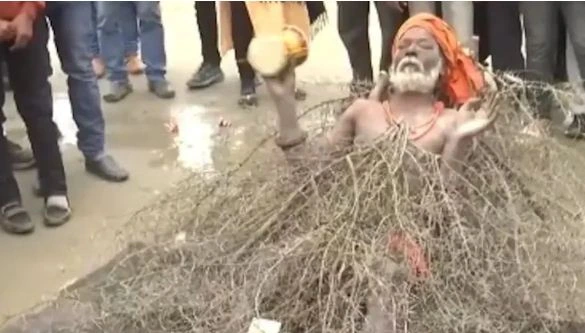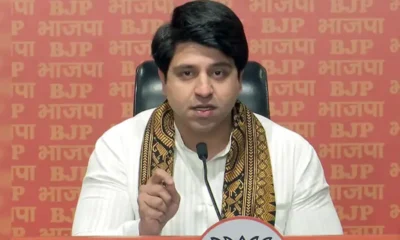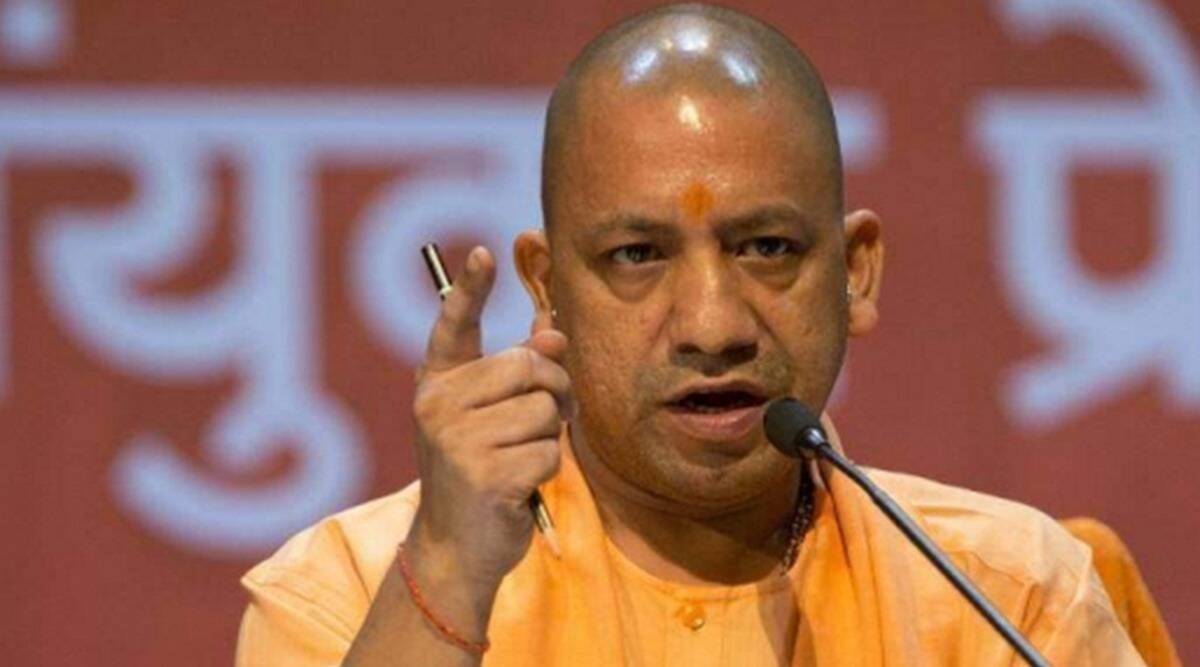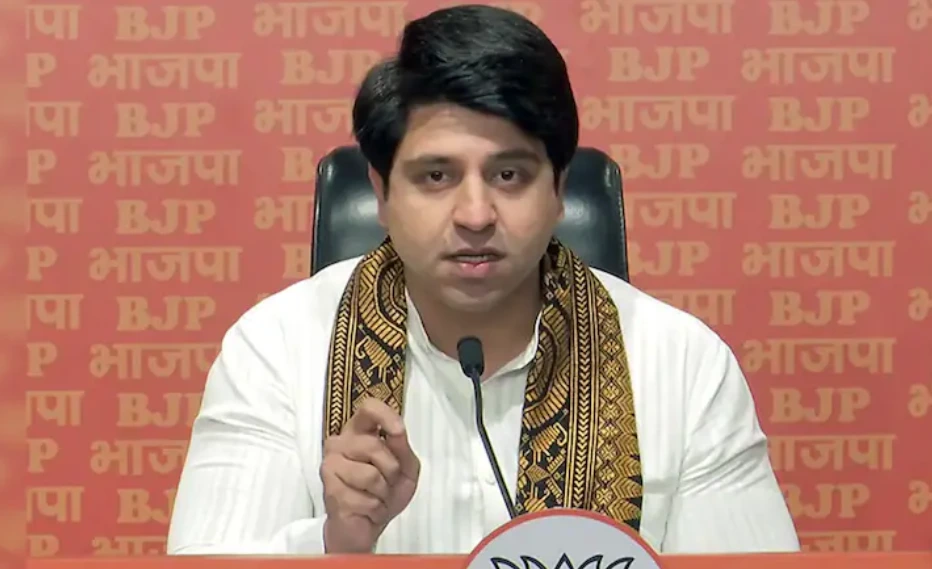India News
Ramesh Kumar Manjhi aka Kaante Wale Baba draws crowds at Maha Kumbh

India News
President’s Rule revoked in Manipur as NDA set to form new government
President’s Rule has been withdrawn in Manipur nearly a year after its imposition, paving the way for a new NDA-led government under Yumnam Khemchand Singh.
India News
BJP spokesperson Shehzad Poonawalla’s mother injured in hit-and-run incident in Pune
BJP spokesperson Shehzad Poonawalla has alleged that his mother was deliberately hit by a car in Pune and left critically injured. She is scheduled to undergo surgery.
India News
Three sisters die after jumping from ninth floor in Ghaziabad
Three minor sisters died after jumping from the ninth floor of their Ghaziabad apartment, allegedly following a dispute over online gaming, police said.
-

 India News10 hours ago
India News10 hours agoThree sisters die after jumping from ninth floor in Ghaziabad
-

 India News9 hours ago
India News9 hours agoBJP spokesperson Shehzad Poonawalla’s mother injured in hit-and-run incident in Pune
-

 Latest world news9 hours ago
Latest world news9 hours agoMoscow says no word from India on stopping Russian oil purchases
-

 India News10 hours ago
India News10 hours agoUS tariff cut to 18% is positive signal for Indian exporters, says Sitharaman
-

 Entertainment6 hours ago
Entertainment6 hours agoBorder 2 box office collection day 12 crosses Rs 286 crore, eyes Rs 300 crore milestone
-

 India News3 hours ago
India News3 hours agoPresident’s Rule revoked in Manipur as NDA set to form new government














